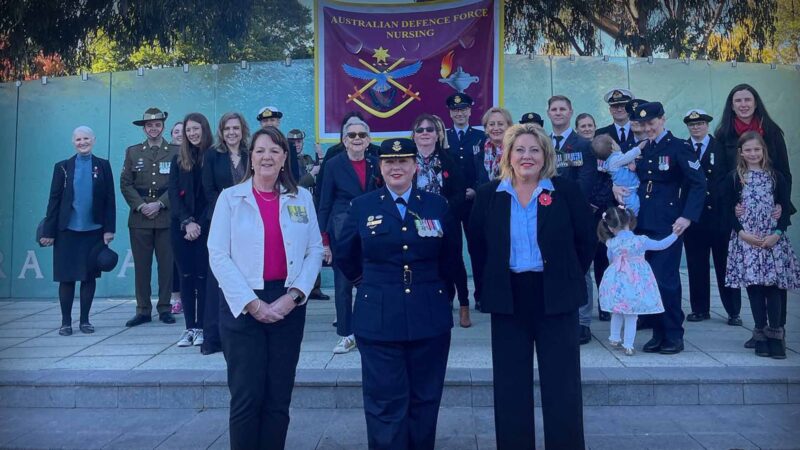In recent years, the orthodontic sector has been growing rapidly due to success in B2C marketing and companies like Invisalign reaching the consumer, but there has also been a lack of knowledge sharing among general dental practitioners and specialists.
General dentists require mentorship and guidance from orthodontists to feel confident in providing orthodontic treatment to their patients, ultimately improving the quality of care in the community.
Dr Geoffrey Hall’s passion for orthodontics has led him to become an international lecturer and form the OrthoED Institute to educate others. Dr. Geoffrey Hall emphasises the importance of continuous learning in the field of orthodontics, highlighting his own journey of pursuing orthodontic training at the University of Pennsylvania and ongoing commitment to staying updated in the field.
Dr Halls says, “Specialists should mentor their colleagues in Orthodontics, including general dentists, to help them gain confidence and provide better orthodontic care to their patients, especially in areas where specialists are not readily available.”
Dr Hall sees general dentists being able to perform up to 70% of orthodontic treatments, highlighting the need for them to have the knowledge and skills to meet patient demand. This is a significant opportunity when considering the majority of the consumer public trust their dental professional.
In this interview with Australian Health Journal, Dr Hall talks about his passion for teaching having started various study clubs to improve knowledge in orthodontics and general dentistry.
Dr Hall talks about imparting knowledge and educating peers. He sees the value of continuous learning and sharing information within the orthodontic community.
Based on this philosophy and having commenced 5 years ago, the OrthoED Institute offers both face-to-face and live-streamed orthodontic training programs, providing mentoring, support, and hands-on experience to participants regardless of their location or circumstances.
The OrthoED Institute aims to teach general dentists sound orthodontic principles to give them the knowledge and confidence to treat patients with conventional orthodontics, including fixed appliances, early treatment, and aligner therapy.
To illustrate the success in the sector, the OrthoED Institute received the Australian Dental Industry Award, or ADIA, for the best emerging manufacturer or service provider in the dental industry. The recognition continues to motivate Dr Hall to improve the Institute’s courses and services for dentists in Australia and New Zealand.
You Might also like
-
Co-design, adoption and interoperability
In October CEBIT AUSTRALIA held it’s yearly technology related conference. Australian Health Journal’s reporter Anne Dao spoke with health technology thought leaders on what needs to be consider in Co-Design, Adoption and Interoperability of technology aided healthcare delivery
-
Sense of service and pride in uniform
This ANZAC Day 2023, Australian Health Journal releases an interview with Group Captain Kath Stein MACN, Director of Defence Force Nursing with the Royal Australian Air Force.
She talks about many masks, aside from PPE, that leadership and all nurses need to wear. Currently there is work underway on a new capability description on what a nurse brings to every level in the nursing defence structure. The advice Group Captain Stein, imparts for new recruits and those interested in joining Defence Force Nursing is to take every opportunity that arises. This is evident in her progression through her career.
-
Sovereign capability uplifted
Skilled labour, in particular skilled in the manufacture of MTP products, namely competency in Good Manufacturing Practice (GMP), was identified as one of the key priorities, according to Jarrod Belcher, Director of the REDI Program at MTPConnect. Through a competitive process, MTPConnect selected additional industry training providers to deliver new programs addressing key skills gaps in the sector workforce.
Launched in September 2022, one of these programs is GMP Uplift developed by the Centre for Biopharmaceutical Excellence (CBE). CBE bring experience across large and small Biologics, Pharmaceuticals and Regenerative Medicine companies, both in consulting and GMP related enterprise training. CBE staff also have extensive experience in GMP operations, compliance, auditing and QMS design, a wide industry network for guest lecturers and readily available case studies.



